‘Mental Health Crises Don’t Just Operate During the 9-to-5 Window:’ Methodist Children's Home’s Lifesaving Helpline Expands to 24 Hours a Day
Jake Newby
| 5 min read
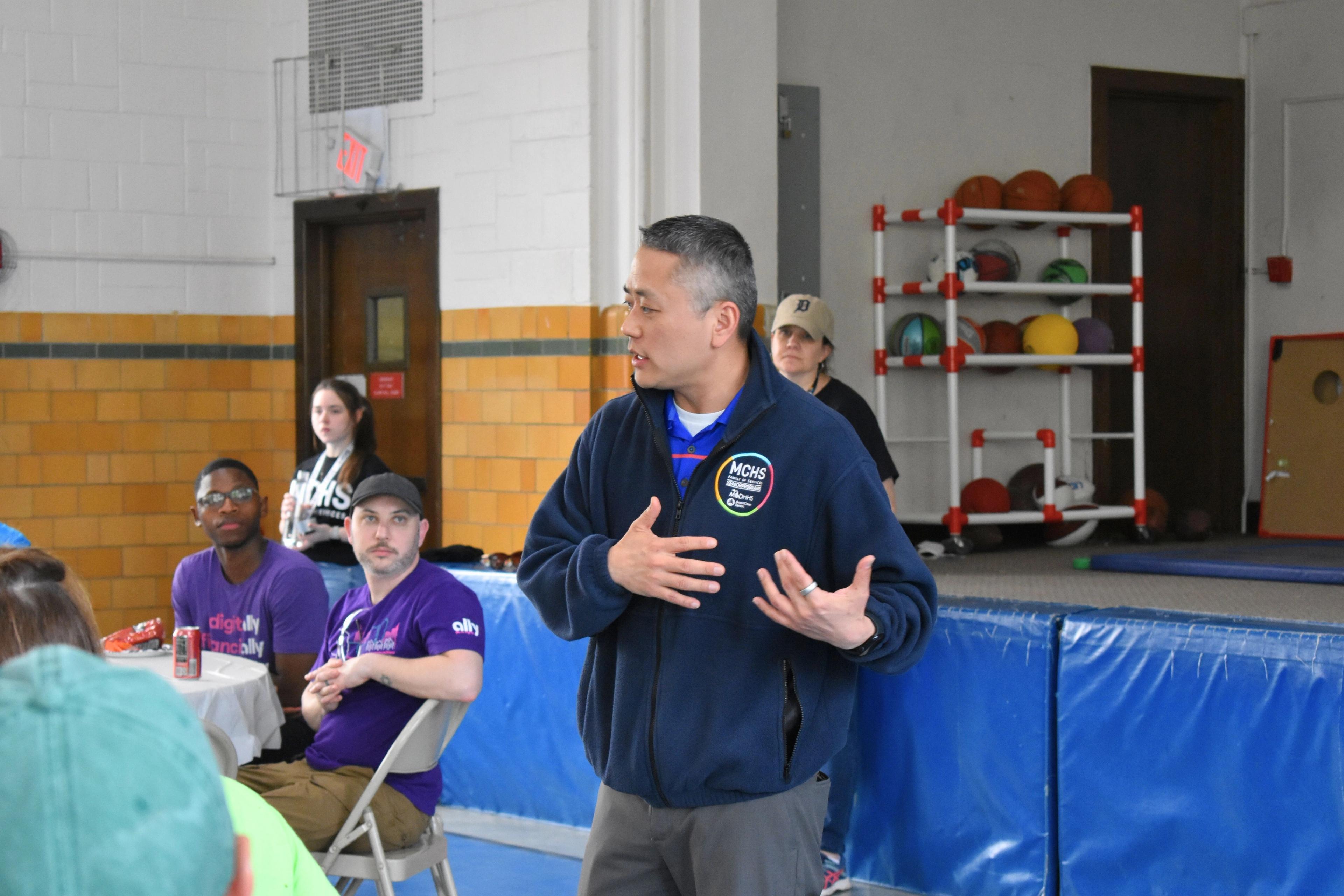
Key Takeaways
- MCHS expanded its mental health crisis helpline services from 40 hours a week to 24 hours a day, 7 days a week.
- Funding from the BCBSM Foundation helped MCHS make the expansion possible, and were also allocated toward ensuring crisis response team members are safeTALK and ASIST certified.
- Since implementing BCBSM Foundation funds, the nonprofit organization has doubled the clients it has served, leading to lifechanging results for young people in the Detroit area.
Since expanding its mental health crisis services from 40 to 168 hours per week, the Methodist Children's Home Society (MCHS) in Redford has more than doubled its clients served.
“We were excited because not only were we able to expand our staffing and the resources available to young people – and to provide that 24/7, 365-day-a-year response – we also ensured we could meet the needs of those individuals,” said MCHS Family of Services Chief Executive Officer Kevin Roach. “It’s certainly something we hope to continue to grow and expand.”
Through seven locations and with a team of approximately 250 employees, MCHS provides residential treatment, mental health services, transitional housing, education, foster care, adoption and a broad array of community-based programs and services for roughly 3,500 families in southeast Detroit each year.
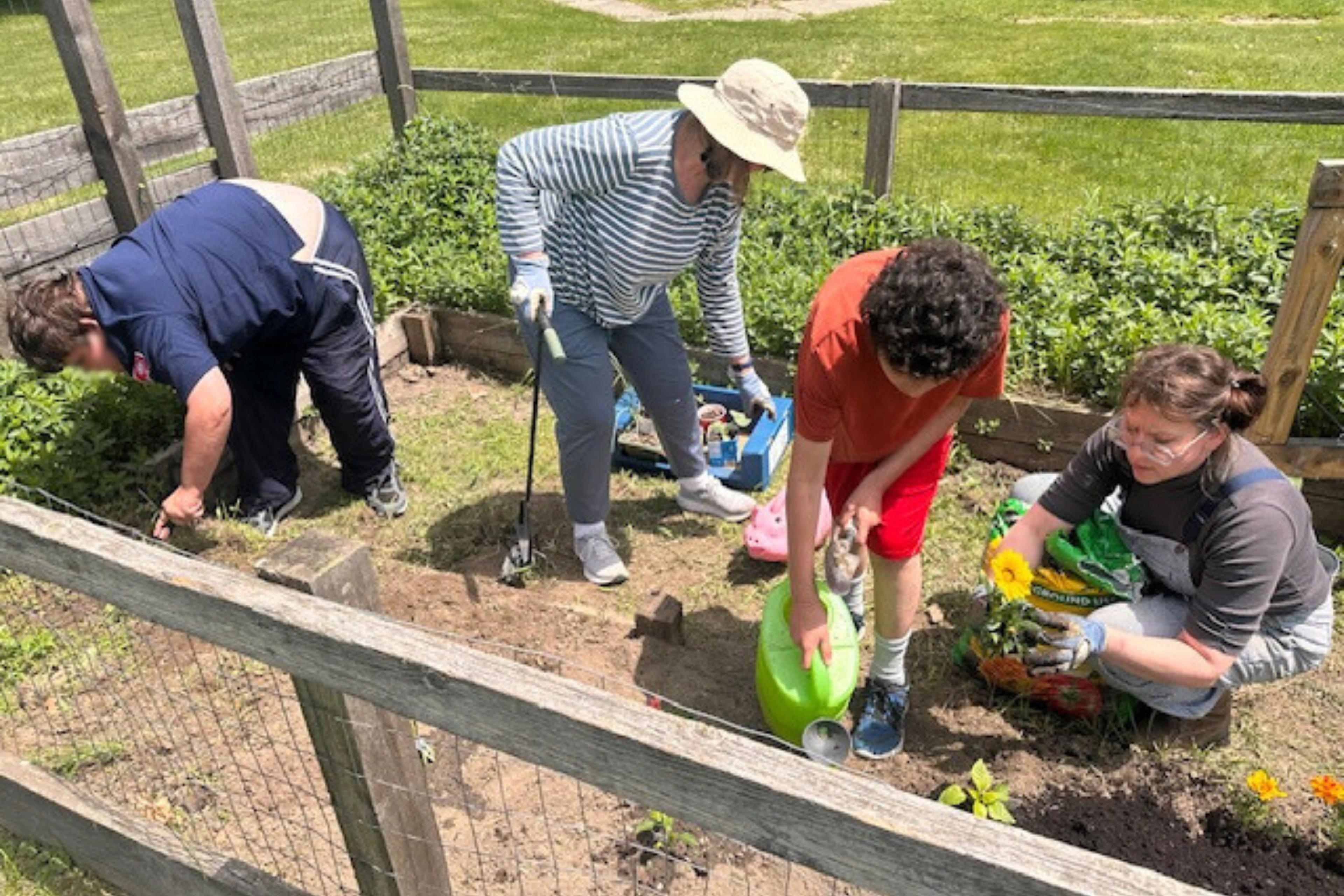
In 2024, MCHS received a $50,000 Community Health Matching grant from the Blue Cross Blue Shield of Michigan (BCBSM) Foundation, paving the way for expanded hours of operation. Expanded hours and increased training among MCHS’ crisis response team has led to more access to help for young adults in Metro Detroit.
“We really appreciate the fact that the Foundation understands that mental health crises don’t just operate during the 9-to-5 window,” Roach said.
Homelessness in Detroit saw a 16% uptick between 2023 and 2024, driven largely by a lack of affordable housing. Too often, Roach says, this issue becomes intertwined with poor mental health for community residents who struggle to find and maintain stable housing.
“We know mental health issues can certainly exacerbate homelessness and vice versa, homelessness can exacerbate symptoms,” he said. “And what we were seeing, especially among that young adult population (of people age) 18-25, was that rise … we sought to partner with the Foundation to expand our programs and services. We wanted to provide 24/7 response and care to these young adults who were seeking additional support while they were out on the streets.”
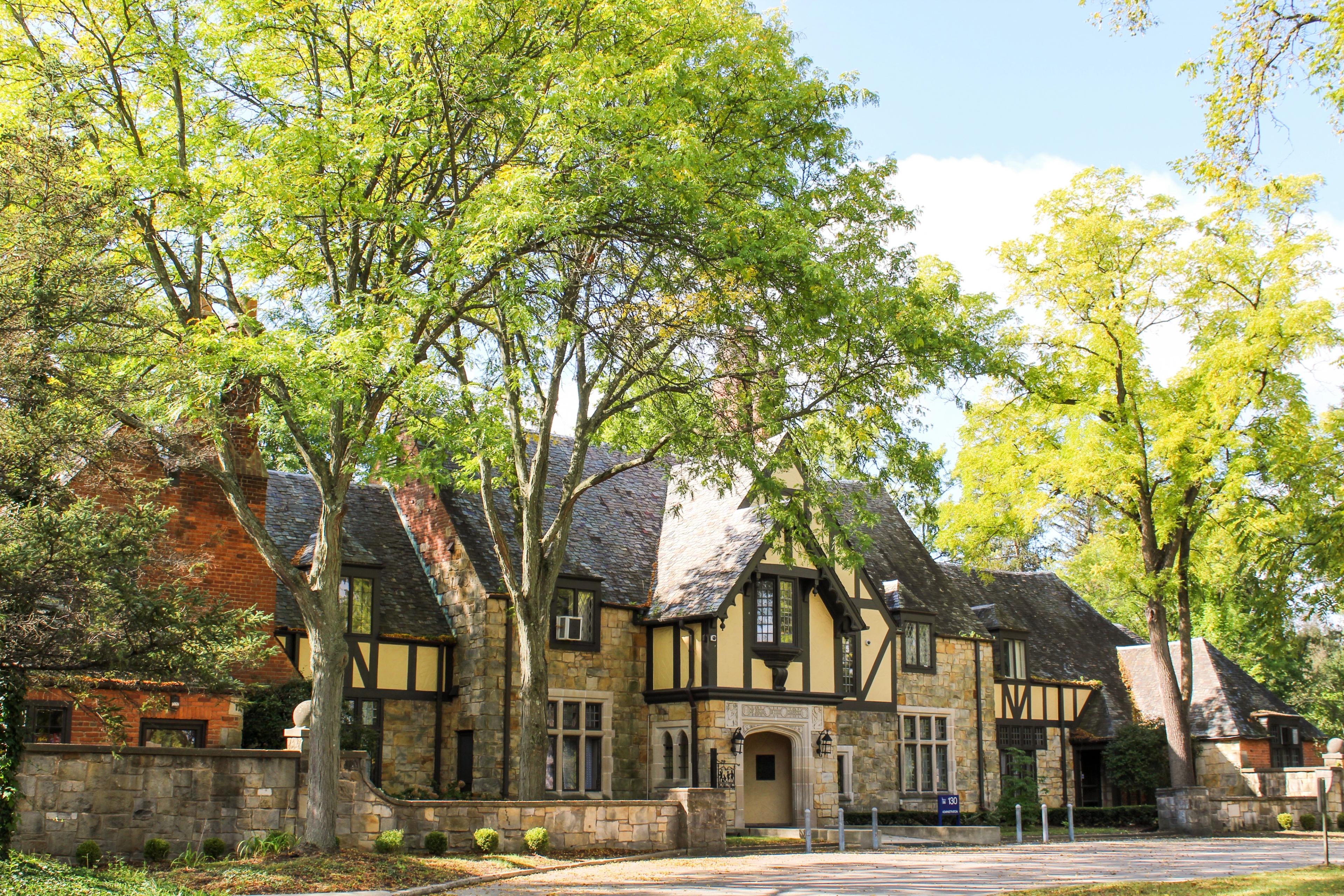
MCHS implements safeTALK and ASSIST program for vulnerable you in Metro Detroit
BCBSM Foundation funding ensured MCHS case managers and its crisis response team were safeTALK (Suicide Alertness for Everyone) and ASIST(Applied Suicide Intervention Skills Training) -certified. safeTALK is a program that teaches people to identify people with thoughts of suicide and suicide ideation so they can facilitate proper help. ASIST is a two-day workshop focused on teaching caregivers how to intervene and prevent the immediate risk of suicide.
“We had a need to provide true evidence-based responses in terms of those individuals who deal with peak or high acute mental health issues, including those with suicidal ideations or suicidal thoughts,” Roach explained.
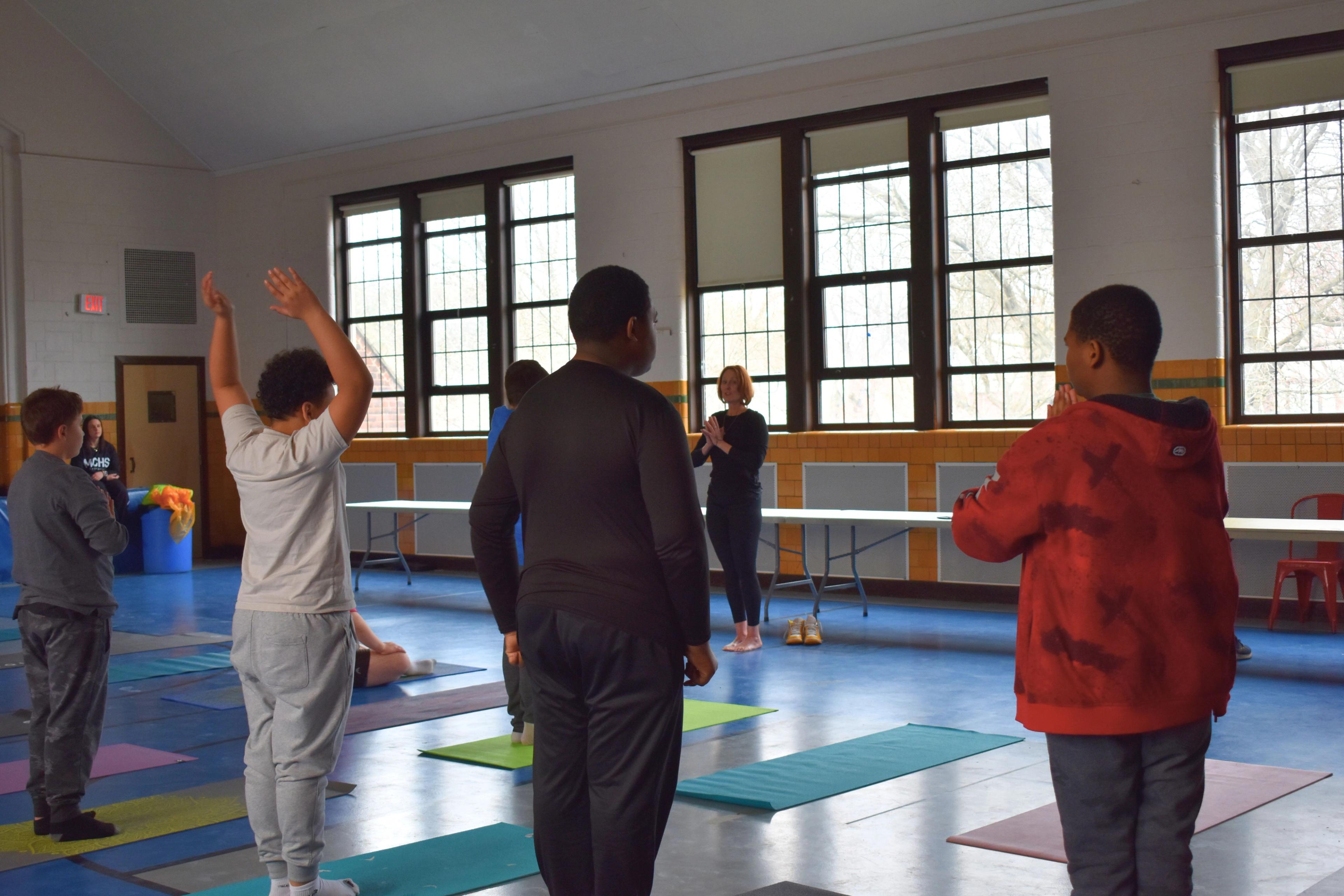
Many of the individuals who turn to MCHS are youth who are not always comfortable confiding in friends, family members, and law enforcement. They may be too hesitant to discuss the sensitive nature of their trauma.
But when they call MCHS’ 24/7 safeTALK line, the case manager on the other end of the phone is there to embrace them with a warm, soothing tone, a non-judgmental response and swift care.
“For many of these young adults who don’t have built-in trust, the confidence in law enforcement isn’t really there,” Roach said. “Or they don’t necessarily feel safe. This approach ensures that those individuals had alternative resources or alternative methods to reach out and still get that loving, caring, gentle and calming support that safeTALK emphasizes, while also being able to quickly identify if we think there needs to be a greater response to a given situation.”
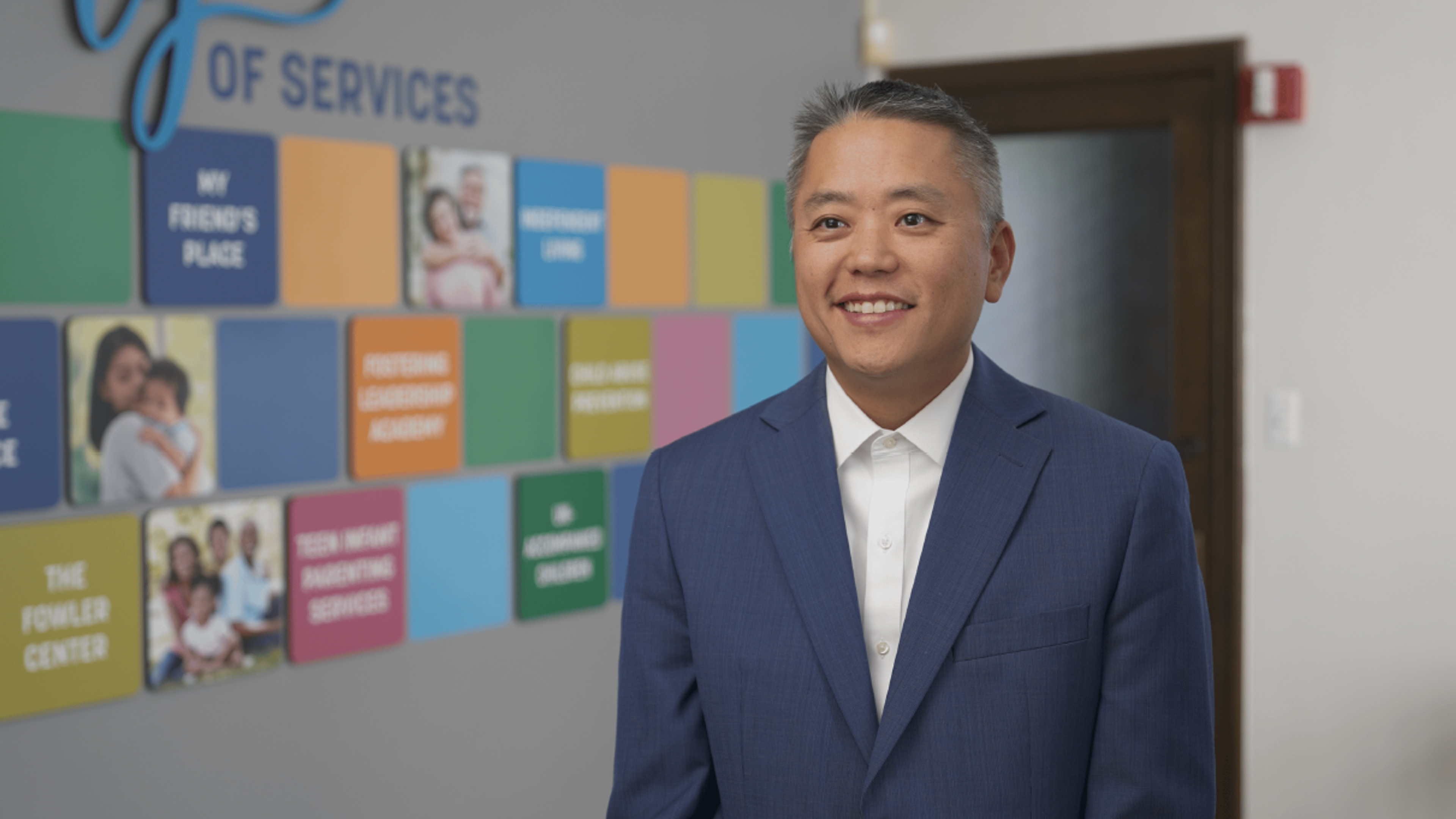
MCHS’ partnership with the BCBSM Foundation has made an indelible impact already. Roach said countless clients have told team members their help has either saved or changed the trajectory of their lives. The story of one young man stands out to Roach.
“He was living under a bridge for the past two years and was kind of at that point of giving up,” Roach said. “This was his final outreach effort, where he called us out of desperation. He was fearful we would call law enforcement or lock him up in a psychiatric hospital. All he really wanted was a warm bed, a meal in his belly and to be able to get a good night’s sleep.”
Roach said this young man hit a point where he realized MCHS staff was non-judgmental and non-threatening. They met his initial needs and beyond.
“I’m proud to report he is now enrolled at Wayne State University and will enter their social work program,” Roach said. “It’s been almost a complete 180 for this young man who was living under a bridge and desperate, dealing with mental health challenges and issues. He was able to not only deal with those issues but create a brighter outlook for himself and start achieving that potential we knew was in him.”
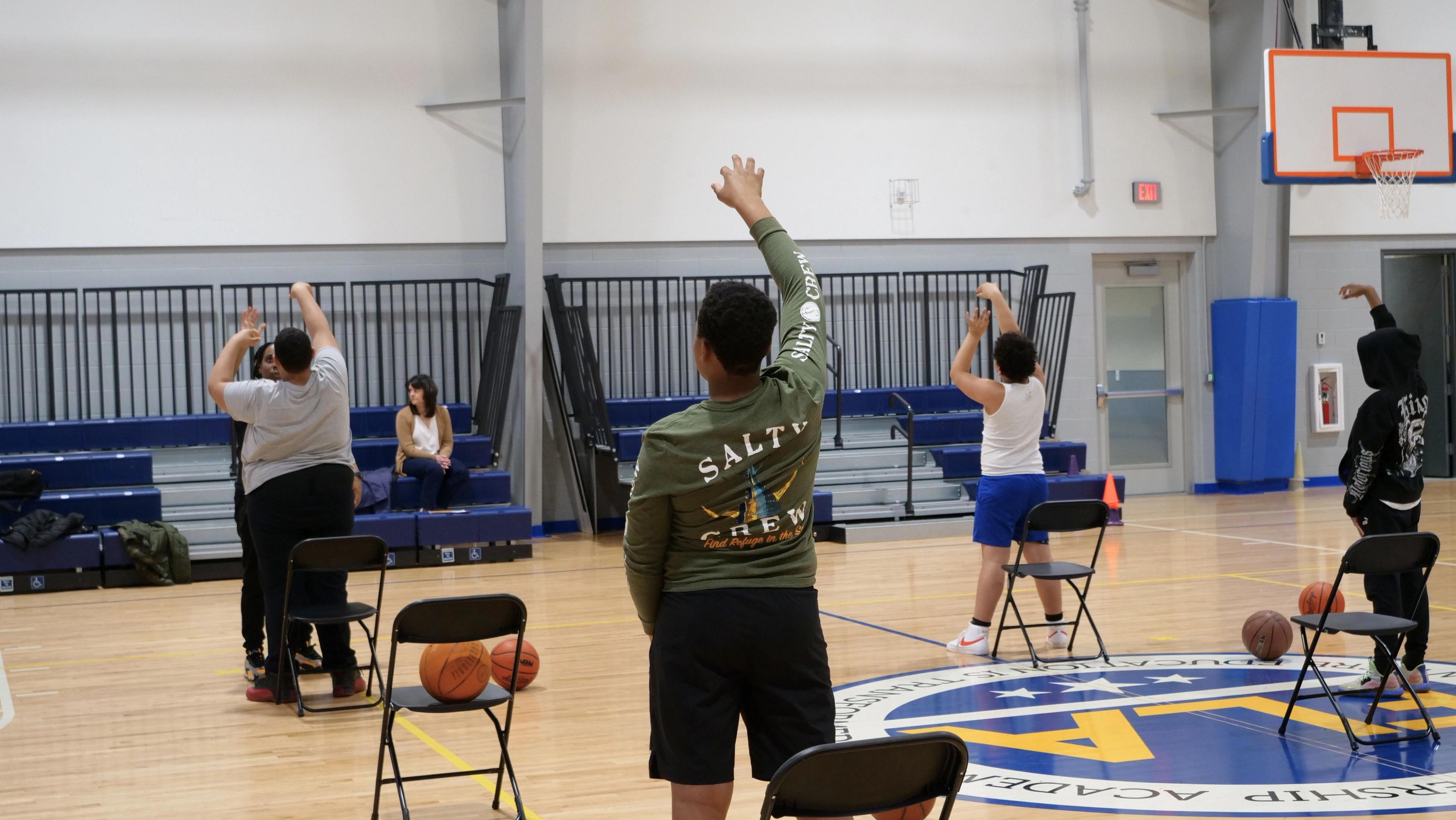
Roach said he hopes MCHS will continue producing success stories like those in the future, as the organization expands access across southeast Michigan.
“Before ever partnering with the Foundation, MCHS already had a great infrastructure and trusted reputation in place, one that dates back more than 100 years in Michigan,” said BCBSM Foundation Senior Program Officer Melissa Boguslawski. “Helping them expand, so they can respond to calls they may not have had the capacity to respond to a few years ago, means the world to us and even more to the people who depend on them.”
Learn more about the BCBSM Foundation’s Community Health Matching grant program by visiting this link, and read other Foundation success stories below:
- ‘Every Day We See Children Making Progress:’ Lakeshore Children’s Advocacy Center Expands Critical Trauma Counseling Services
- BCBSM Foundation Helps Lighthouse Hire Full-Time Counselor to Address ‘Hidden Population’ of Oakland County Runaway Youth, Youth Experiencing Homelessness
- University of Michigan Professor Examines Why Black Women Are Not Returning for Follow-up Cervical Cancer Screenings and Identifies Self-Screening as a Solution





